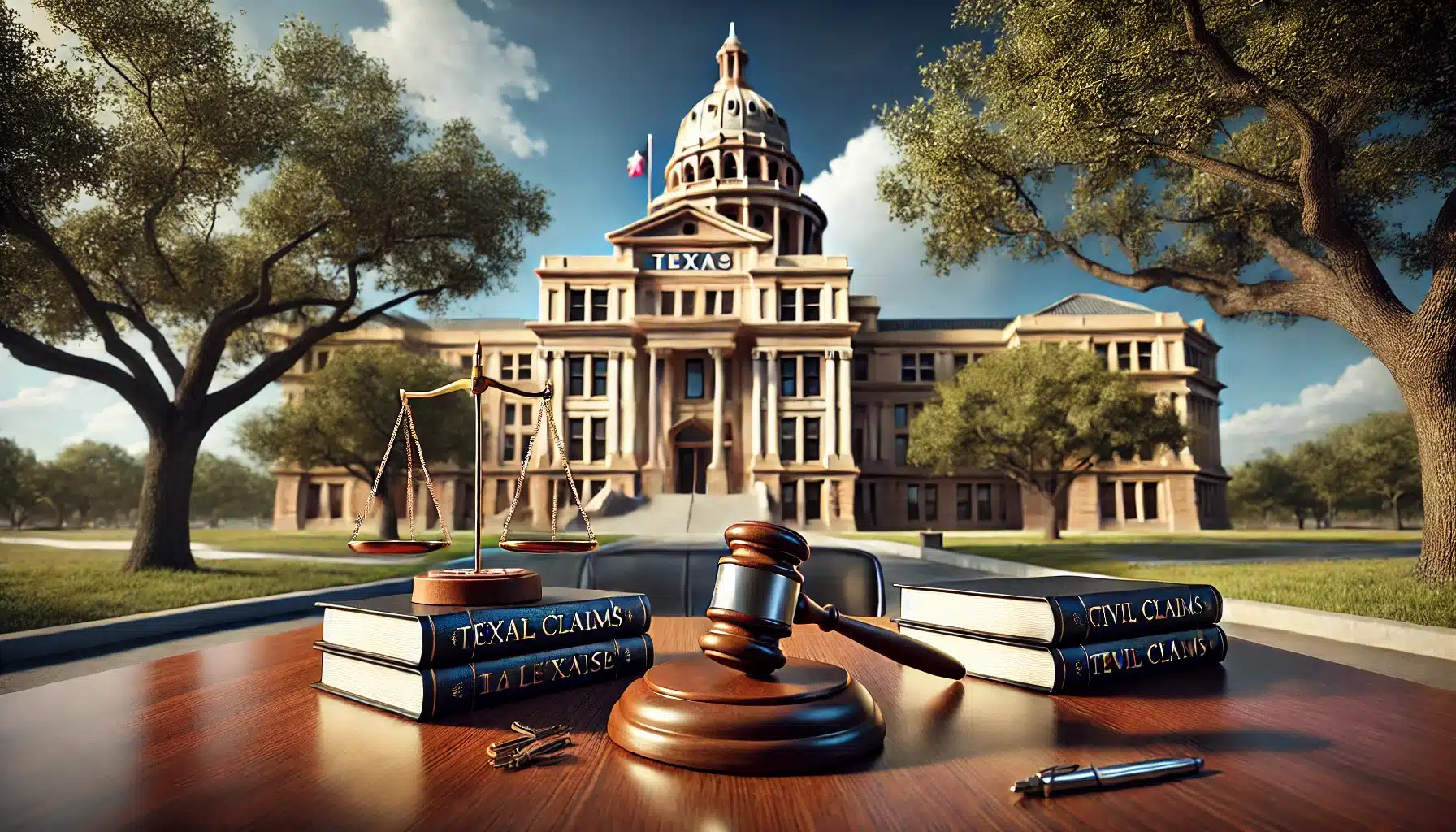How To Prove A Texas Frustration of Purpose Defense

In Texas, a defense of Frustration of Purpose is defined as:
Frustration of Purpose, in contract law, is a doctrine that comes into play when a contract’s fundamental purpose is thwarted by unforeseen and extraordinary events, making it impossible for one or both parties to achieve the contract’s intended goals. See also Impossibility (Impracticability).
It simply means:
You cannot carry out obligations of a contract if it is impractical or impossible to do so.
There are 4 elements of the defense:
- Element 1. There was a valid and enforceable contract between the parties. A frustration of purpose defense can be used when there is a legitimate contract between two parties that becomes impossible to fulfill due to unforeseen events, making it unfair to hold them to the original agreement.
Facts that might support this element look like:
* The parties exchanged signed documents outlining the terms of the agreement, demonstrating mutual assent.
* Consideration was provided by both parties, with one party delivering goods and the other providing payment.
* The contract included specific performance obligations that both parties acknowledged and accepted.
* The parties engaged in actions consistent with the contract, indicating their intent to be bound by its terms.
* There was clear communication between the parties regarding the contract’s terms, establishing a shared understanding of their obligations. - Element 2. One of the following significant, unforeseen events or circumstances occurred after the contract’s formation: (a) The death or incapacity of a person necessary for performance. (b) The destruction or deterioration of a thing necessary for performance. (c) Prevention of performance by governmental regulation or order. Frustration of purpose occurs when an unexpected event, like the death of a key person or the destruction of an essential item, makes it impossible to fulfill a contract, rendering the original purpose of the agreement unachievable.
Facts that might support this element look like:
* The primary contractor responsible for the project passed away unexpectedly, leaving the remaining parties unable to fulfill their obligations.
* A fire destroyed the warehouse containing essential materials needed for the contract’s execution, making performance impossible.
* A new government regulation was enacted that prohibits the type of work outlined in the contract, preventing any further performance.
* The key supplier of necessary equipment declared bankruptcy, resulting in a complete halt of the project due to lack of resources.
* A natural disaster rendered the performance site unusable, significantly impacting the ability to meet contractual obligations. - Element 3. The event made it impossible to achieve the contract’s intended purpose. The event that occurred made it so that the original reason for the contract could no longer be fulfilled, meaning the parties involved could not achieve what they had intended when they agreed to the contract.
Facts that might support this element look like:
* The concert venue was destroyed by a fire, making it impossible to host the scheduled performance.
* A government ban on large gatherings was enacted just days before the event, preventing any attendees from participating.
* The key performer fell seriously ill and was unable to fulfill their contractual obligations, nullifying the event’s appeal.
* Severe weather conditions rendered the location inaccessible, preventing any guests from attending the event.
* The primary purpose of the contract was to celebrate a milestone, but the event was overshadowed by a national tragedy, diminishing its intended significance. - Element 4. The non-occurrence of the supervening event was a basic assumption on which the contract was made. The contract was based on the idea that a specific event would happen, and if that event doesn’t occur, it fundamentally changes the situation, making it impossible for one party to fulfill their obligations as originally intended.
Facts that might support this element look like:
* The parties entered into the contract with the mutual understanding that the event would take place as scheduled.
* Both parties explicitly referenced the occurrence of the event as a key reason for entering into the agreement.
* The contract included provisions that were contingent upon the successful execution of the event.
* Prior communications between the parties emphasized the importance of the event to the overall purpose of the contract.
* The contract’s terms were negotiated based on the assumption that the event would not be canceled or postponed.
(See Philips v. McNease, 467 SW 3d 688 – Tex: Court of Appeals 2015. Tractebel Energy Mktg., Inc. v. E.I. Du Pont De Nemours & Co., 118 S.W.3d 60, 65 (Tex.App.-Houston 2003. Philips v. McNease, 467 SW 3d 688 – Tex: Court of Appeals 2015.)
If you’re in court without a lawyer and plan to assert a Defense of Frustration of Purpose, having a Personal Practice of Law at Courtroom5 is essential. You’ll need to make informed decisions about what to file at each phase of your case and prepare legal documents supported by thorough legal research and a strong analysis of the facts. Equip yourself with the tools and knowledge necessary to effectively present your Defense of Frustration of Purpose.
Prove Your TX Frustration of Purpose Defense
U.S. Civil Cases Only
